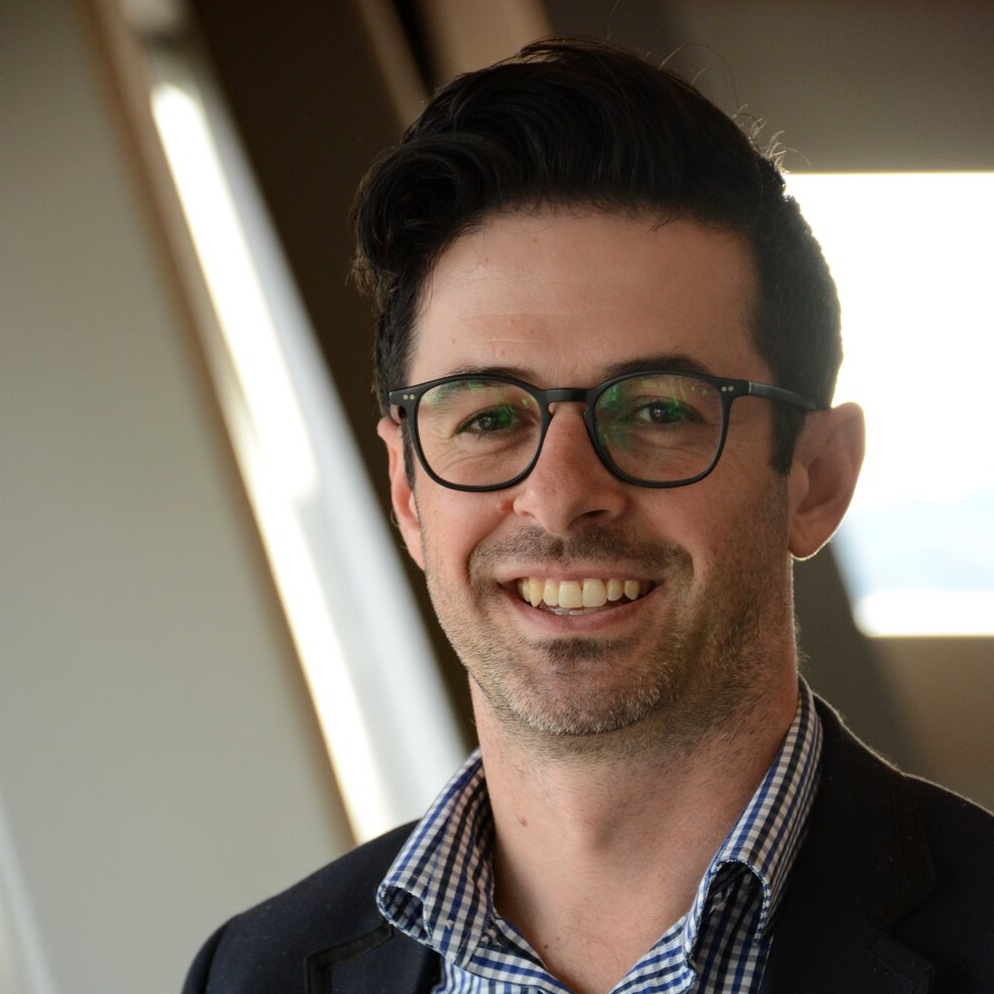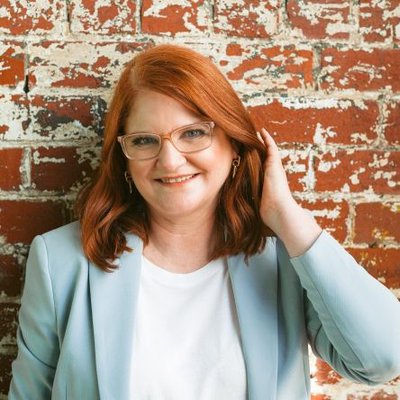
Dr Deme Karikios
After nearly two years of beating back the coronavirus pandemic, clinicians are facing a bitter reward in the form of budget squeezes for already underfunded hospital services.
In clinical care such as oncology, medical teams managed “amazing” achievements in keeping patients out of hospital during the recent Delta outbreak in Sydney and most NSW treatment centres ran at normal capacity, according to Dr Deme Karikios, president of the Medical Oncology Group of Australia (MOGA).
But it came at the cost of tireless efforts by doctors and nurses, going without leave, transforming services to telehealth, and redeploying to Covid-related duties. For many, all this has taken a toll on physical and mental health.
“What we are reflecting on at the moment is how difficult the past 18 months have been for all healthcare professionals – not just doctors and nurses, but all the people involved in cancer care. We work so hard, it is so very tiring,” Dr Karikios said.
“We see that when governments want to they will spend all the money in the world to help people quickly.
“But for a lot of cancer services in NSW, when we ask for more support to help run our service – nothing special, just what we need – we get hit with a ‘no’ from the people who run hospitals.”
At this juncture, to have freezes on new employment because budgets have been blown is hard to swallow.
“For most services it’s about staffing. It could be doctors, nursing staff, trainees, the extra chairs needed to deliver treatment, every bit of the requirement is pushed back. Even though you can demonstrate the need by using population data or comparing yourself to other health services, it’s never quite straightforward,” Dr Karikios said.
“Given the fact that we’ve all been working so hard and so stressed over the past 18 months, that back-to-normal lack of support with resources and financial support to run services, it hurts a bit more.”
Moral distress

Dr Helen Schultz
Melbourne psychiatrist Dr Helen Schultz observes that doctors can feel “moral distress”, as distinct from burnout, when they cannot deliver care at the accustomed standard.
“It’s a different feeling from burn-out. You can’t put your finger on why you feel so rotten, when you are persuaded to do something that does not align with your values,” the doctors health advocate said.
“It’s when we can’t do what we normally do and what we know is right. One little example in psychiatry is that patients can’t have visitors and they can’t have leave. So they are locked up in a psych ward, which impairs their prognosis and their recovery time.”
In the fall-out from the pandemic, for example, hospital staff are exposed to rationing of patient care, sub-optimal clinical decision-making, and the sadness of patients dying alone – things doctors would normally consider inhumane.
“Doctors don’t sign up for inhumane; we’re the opposite,” Dr Schultz said.
Dr Karikios agrees.
“We are a pretty resilient bunch and we look after each other as best we can, but certainly people are feeling that moral distress more than before,” he said.
“We push ourselves so hard and especially in cancer care where the stakes are so high and you are dealing with highly emotional situations and people with terminal illness. The extra stress in the system is not good.
“I don’t think the people in positions who make the decisions are deliberately trying to make things harder. I think there is a big disconnect in that they don’t understand how we feel and how hard it really is.”
In the AMA NSW’s 2021 survey of 1021 senior doctors, conducted in June, 75% said they felt unsupported by their hospital or local health district in attempts to expand or improve services, and 62% reported inadequate staff levels.
The DRS4DRS website offers access to independent, safe, supportive and confidential services for medical practitioners and medical students.